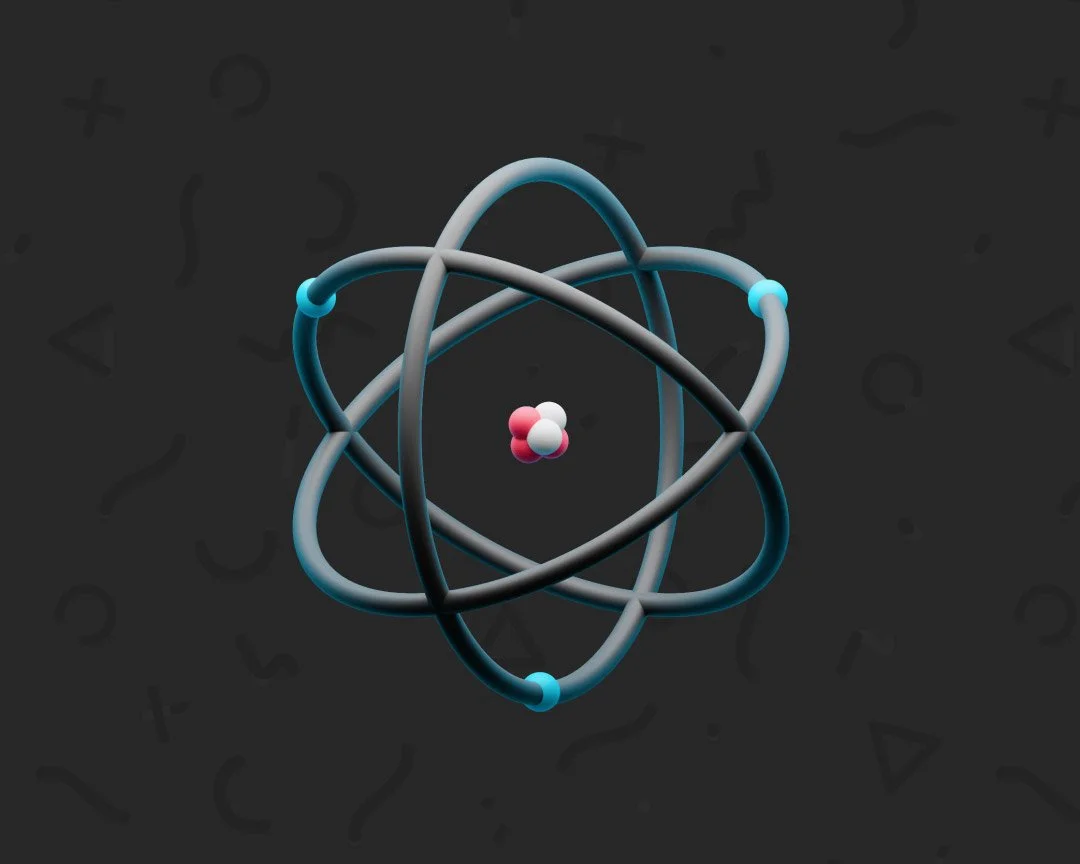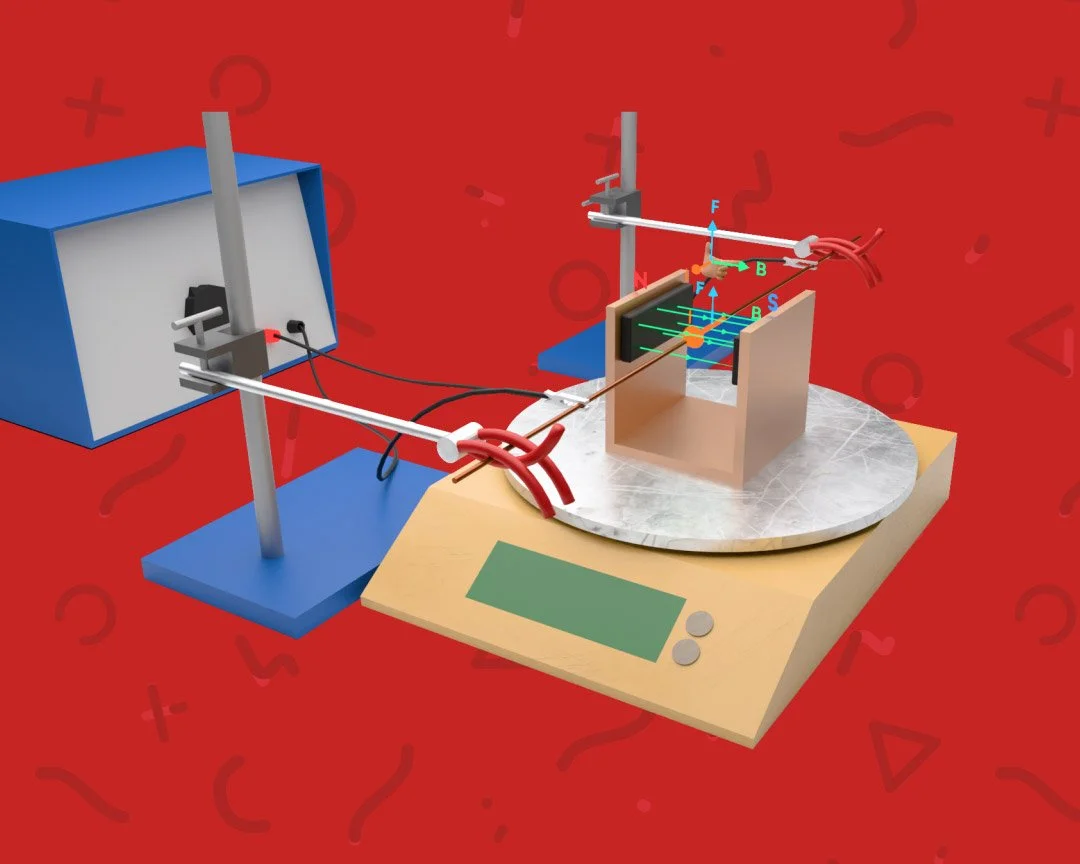GCSE Physics AQA Syllabus - Revision Timetable
We thought we’d put together a revision timetable to help get you started on preparing for your science exams! Here is one you can use for your physics revision.
Subject: Physics (AQA Syllabus) Exam Board: AQA Revision Duration: 8 weeks
Week 1: Topic: Energy
Recap and review energy types and their interconversions
Study energy efficiency, work done, and power
Solve practice problems related to energy
Week 2: Topic: Electricity
Revise electric circuits, including series and parallel circuits
Understand Ohm's Law and calculate resistance, current, and voltage
Practice circuit calculations and analyse circuit diagrams
Week 3: Topic: Particle Model of Matter
Review states of matter and their properties
Study the kinetic theory of matter and the behavior of particles
Solve problems related to changes of state and specific heat capacity
Week 4: Topic: Atomic Structure and Radiation
Understand the structure of an atom, including protons, neutrons, and electrons
Study radioactivity, isotopes, and half-life
Solve problems related to atomic structure and radioactivity
Week 5: Topic: Forces and Motion
Recap key concepts of forces, including types of forces and their effects
Understand motion, speed, velocity, and acceleration
Practice calculations involving forces, motion, and acceleration
Week 6: Topic: Waves
Review properties and characteristics of waves
Study the behaviour of waves, including reflection, refraction, and diffraction
Solve problems related to wave speed, frequency, and wavelength
Week 7: Topic: Magnetism and Electromagnetism
Understand the properties of magnets and magnetic fields
Study electromagnetic induction and the generation of electricity
Practice calculations related to magnetism and electromagnetism
Week 8: Topic: Space Physics
Review the solar system, planets, and the universe
Study the life cycle of stars and galaxies
Solve problems related to space physics and astronomical phenomena
Important Tips:
Allocate sufficient time for each topic based on its complexity and your understanding of it.
Break down each topic into subtopics or chapters to make revision more manageable.
Use a variety of revision resources provided by GoPhysics, including video lessons, lesson questions, flashcards and walkthrough videos then attempt and mark past papers.
Set aside dedicated time for practising exam-style questions and past papers.
Regularly review and revise previously covered topics to maintain a strong foundation of knowledge.
Create summary notes or flashcards for quick revision.
Take short breaks during study sessions to maintain focus and avoid burnout.
Seek help from teachers, classmates, or online forums if you encounter challenging concepts.
Note: Adapt the timetable as needed based on your personal study schedule, preferences, and progress. Remember to prioritise your weaker areas while also dedicating time to reinforce stronger topics. Best of luck with your GCSE Physics revision!
If you are looking for the best way to learn and revise for your Physics GCSE, GoPhysics is an online lesson resource that provides you with engaging video lessons, animations and structured learning sheets to enhance your academic performance, check GoPhysics.co.uk to get you best prepared for your exams.
-




